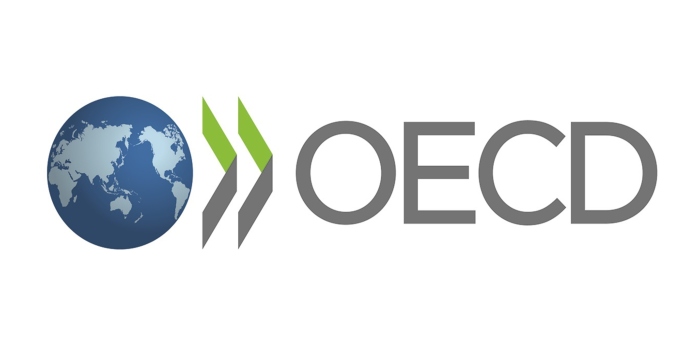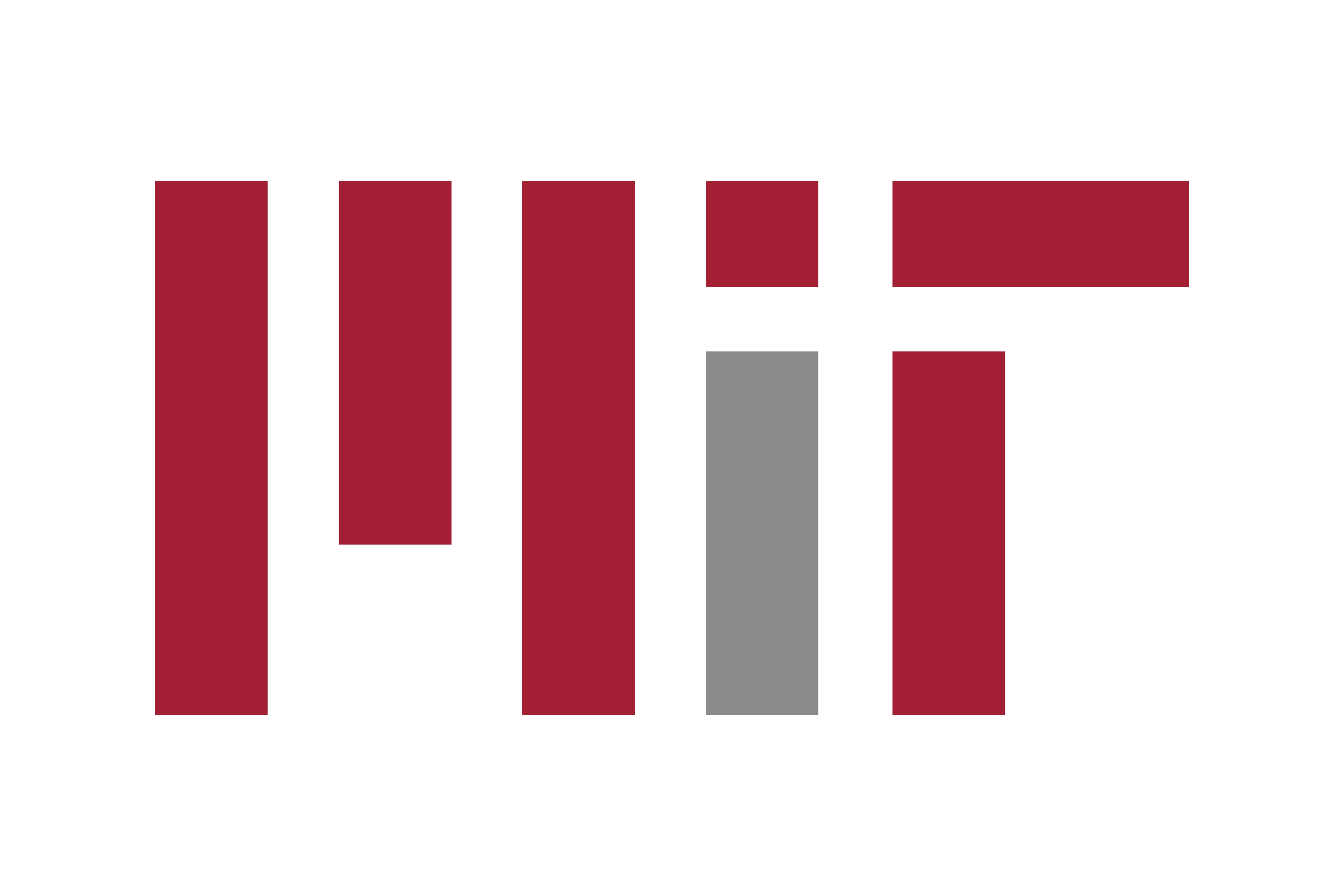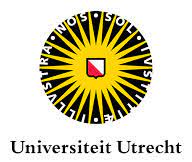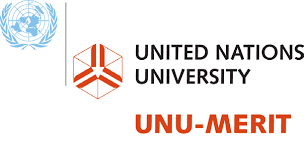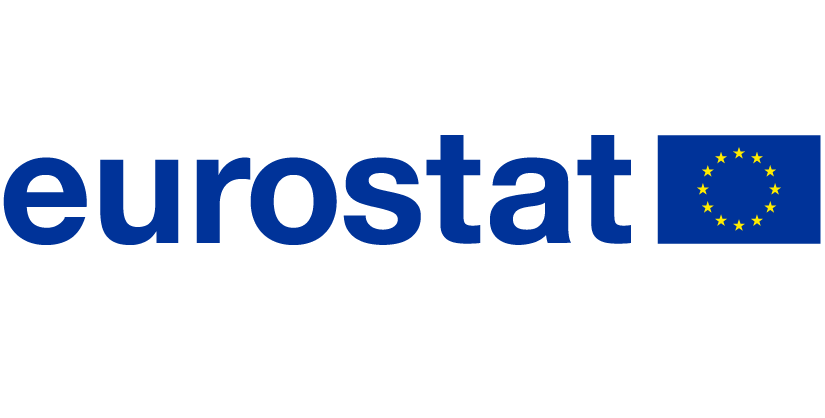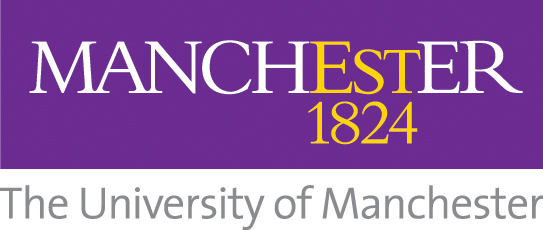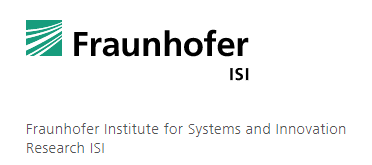About the Laboratory
The Laboratory for Economics of Innovation (LEI) was established in 2010 within HSE University's Institute for Statistical Studies and Economics of Knowledge (ISSEK). Since undergoing two cycles of independent performance evaluation, LEI continues to exceed its KPIs in terms of publications in highly esteemed scientific journals, organizing international academic events, and developing internal competencies.
Interview with Ian Miles, Professor Emeritus at University of Manchester, first Head and Academic Supervisor of LEI.
Staff
The Laboratory brings together more than 25 local and foreign researchers with various research skill sets and professional competencies. All are interested in studying different aspects of innovation, as innovative activities in their variety hold fundamental value for today's economies. Organizationally, LEI is assigned more experienced project managers with PhDs and candidate-of-sciences degrees. They oversee areas of research and supervise the work of junior staff researchers and interns, who may also carry out their own research projects (graduation theses or dissertations).
Our Mission
To conduct first-class and internationally recognized research on the economics of innovation within the broader science, technology and innovation (STI) agenda; and to contribute to the global academic discourse by utilizing factual data drawn from the Russian context and by providing original theoretical and methodological concepts.
Our Objective
To improve theories, develop observation methods, model the processes of knowledge accumulation and transformation into innovation, taking into account their diverse types, socio-economic contexts and innovative development trajectories, as well as to develop evidence-based innovation policy tools.
Our analytical focal point is the interactions between elements of national innovation systems (NIS), behavioral patterns of actors therein, and regulatory tools.
Core Research Topics
Strategies of key actors in the innovation process (enterprises, scientific organizations, universities, etc.)
Emerging technologies and markets
Competencies and skills for innovation, labor markets for research staff
Economic effects of innovation
Statistical measurements of science, technology and innovation
Innovation policy
Studying innovation processes and developing theories and empirical bases make it possible to describe comprehensively the nature of sustainable economic growth's main source and to develop recommendations on selecting and using effective regulatory tools.
An important element in LEI activities is integrating research results into educational activities, as well as recruiting and developing HSE University’s junior staff members.
Collaboration
Our Laboratory engages in collaboration with researchers from universities and leading research centers, such as:
Have you spotted a typo?
Highlight it, click Ctrl+Enter and send us a message. Thank you for your help!
To be used only for spelling or punctuation mistakes.

